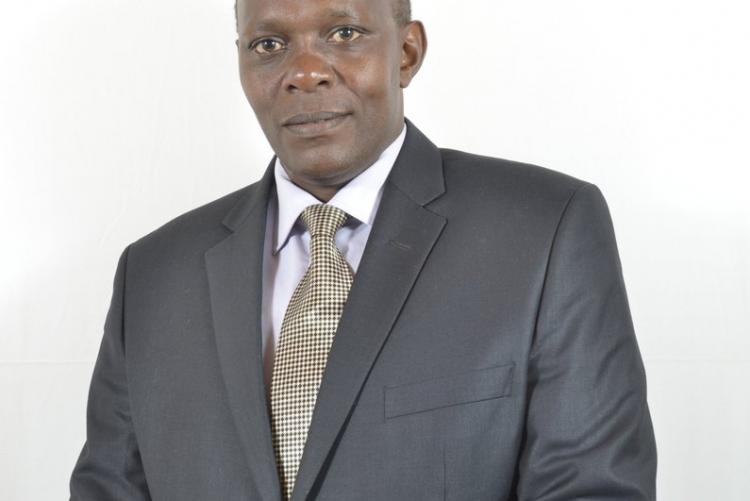We are delighted to announce that in line with Kenya’s vision of food security, a multi-disciplinary and multi-stakeholder team led by the University of Nairobi has won a grant from the National Research Fund. Kenya faces severe chronic food insecurity and poor nutrition. Improving food security and nutrition in Kenya requires renewed efforts through new farming technologies. Little information exists on such innovative technologies. A multidisciplinary team led by our own Dr. Samuel Muchane Muchai has won a National Research Fund grant for a project that seeks to develop a self-sustaining integrated Helmeted guineafowl-Nile tilapia-Arrowroot farming that will enhance nutrition, food security and income particularly for vulnerable women, youth and children from poor settings in Kenya.
This project will be implemented through a partnership between University of Nairobi, Kenya Marine Fisheries Research Institute (KEMFRI), National Museums of Kenya, Kenya Agricultural & Livestock Research Organization (KARLO) and Private Partnership (Sereni Fries Ltd). The team includes University of Nairobi’s: Dr. Tequiero Abuom, Dr. Titus Ndiwa Dr. Josiah Mwivandi Kinama; Kenya Marine Fisheries Research Institute (KEMFRI) Sagana Centre’s Dr. Jonathan M. Munguti; National Museums of Kenya’s Dr. Mary Nyawira; Kenya Agricultural & Livestock Research Organization’s Dr. Zachary Kinyua and Sereni Fries Limited’s Jecinta Warigia Warui.
A field experiment will be conducted at University of Nairobi’s Kabete Field Station and Sagana Fisheries Station during 2020 to 2023 to find out the relative performance of arrowroots, Nile tilapia and Guineafowl in a Guineafowl-Fish-Arrowroot integrated farming and smallholder production systems. The project is in line with NRF strategic objectives and the national goals articulated in Kenya’s long-term economic blueprint, the Kenya Vision 2030, to develop new knowledge and innovations in food and nutrition security. The project is also addressing issues under the Science, Technology and Innovation Strategy for Africa (STISA 2024) which is the blueprint for Africa’s long-term Agenda 2063.
- Log in to post comments

